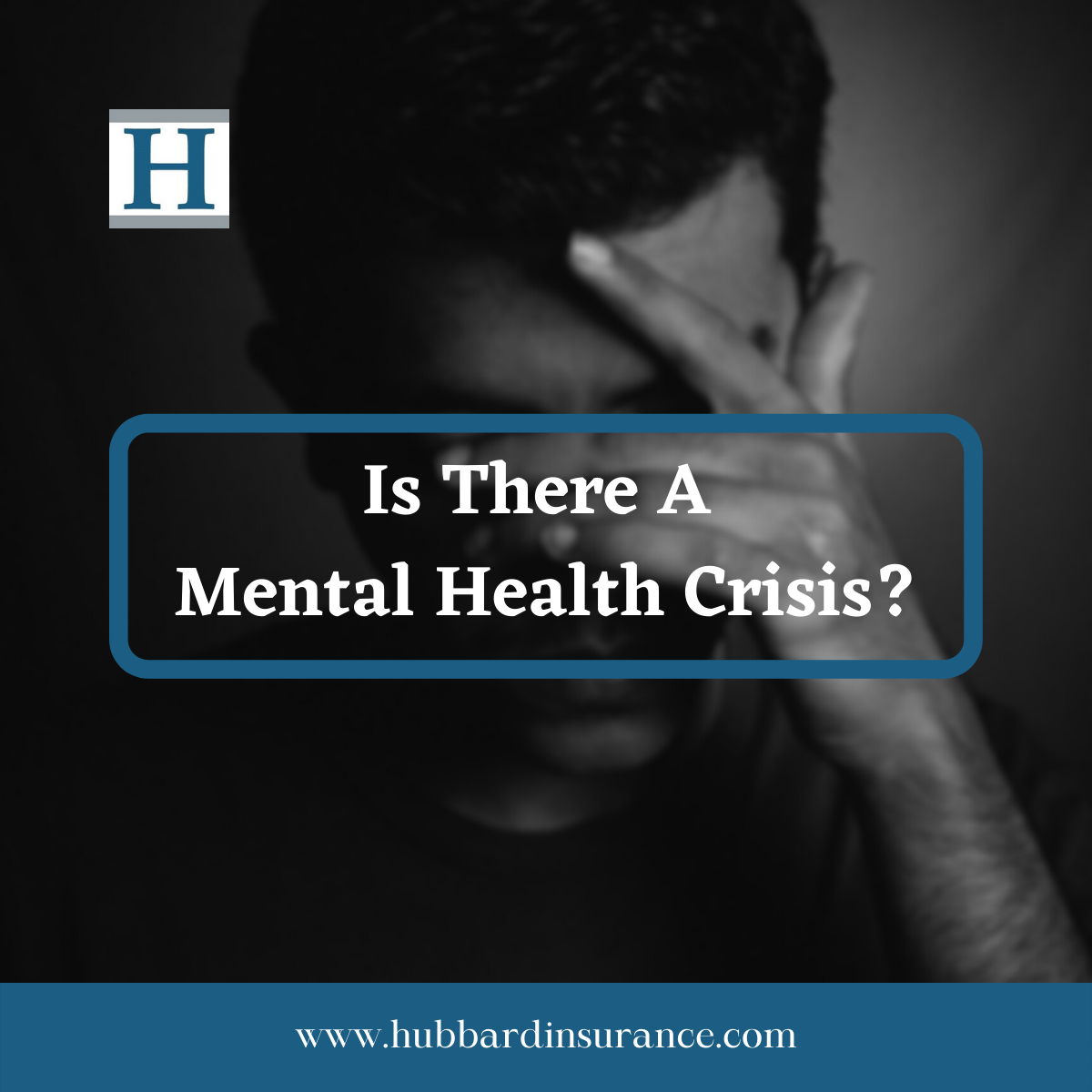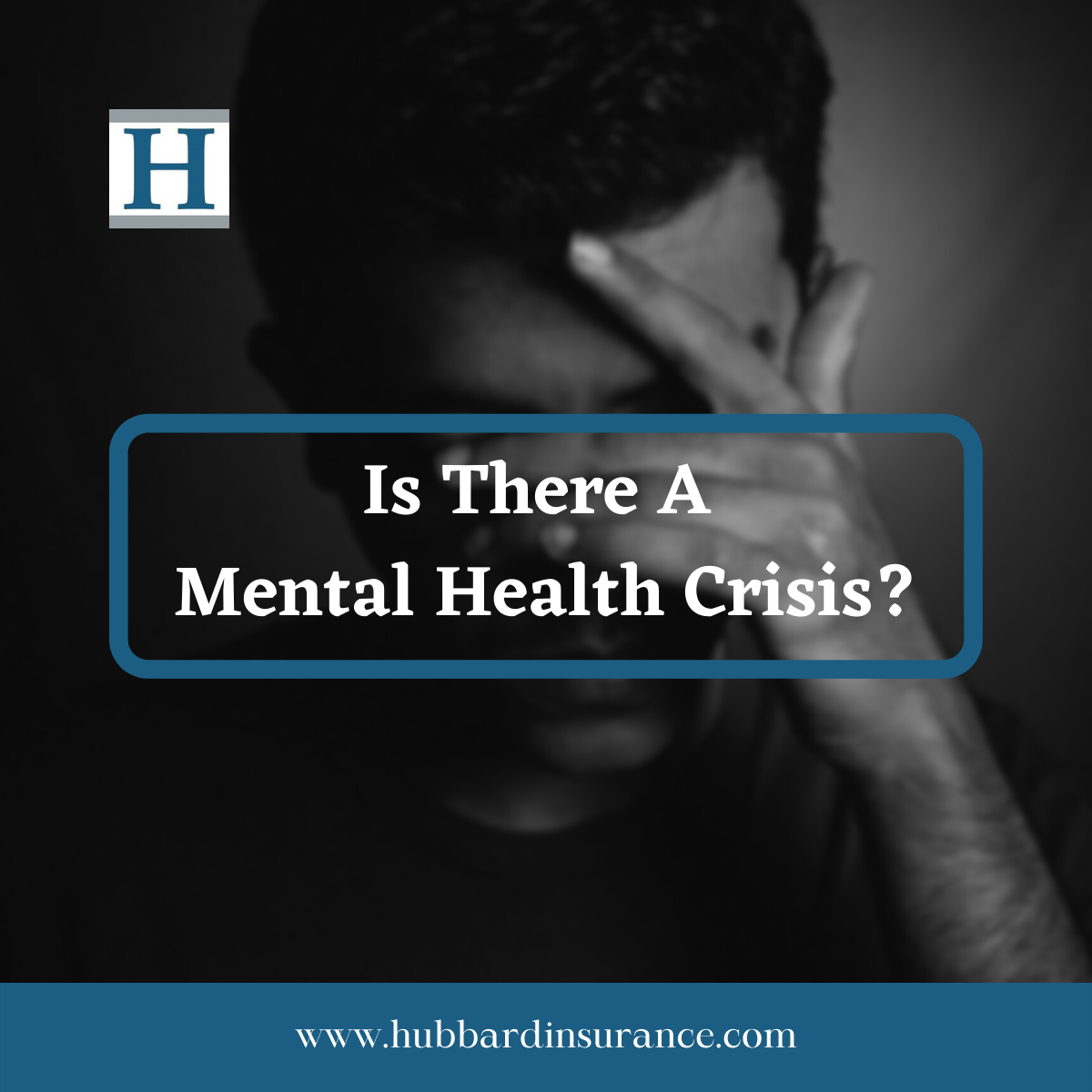Is There A Mental Health Crisis?

At the start of 2020, there were a few murmurs on social media about a novel coronavirus that was beginning to cause concern. By March of the same year, the lives of all Canadians would change forever.
In the time since, there has been a major shift in the routines of the working force – and the consequences of this shift are becoming increasingly clear: the mental health of the average person is drastically worse than it used to be.
Though it appeared that the population was rebounding during the summer when cases were dwindling, there has since been a major surge in people reporting having struggles with their mental health. In fact, by December 2020, Morneau Shepell Ltd.’s monthly mental-health index showed that the collective employee mental health in the nation had dipped to an all-time low.
Paula Allen, the consultancy’s senior vice-president of research, analytics and innovation, stated that “With the stress that we have, with the amount of change that we have, with the level of unpredictability, one would expect some level of impact on mental health, but this has been astounding how it’s declined.”
What, then, can be done?
As more data has become available, employers across the board have shifted their focus to providing greater support for their employees – with virtual care and employee assistance programs (EAPs) leading the way.
One company that has taken part in this shift is Unilever Canada Inc.
“Work-life balance and blurred boundaries was a struggle for our people, particularly when schools and daycares closed and parents were managing online school, kids at home … We initiated an incident management team right at the start, to ensure that we had a strategic approach focused on the health, safety and well-being of our people and business continuity”, stated Bronwyn Ott – the consumer goods company’s head of North America well-being and culture.
Though initially there was no increased usage of the EAPs, eventually there was a breakthrough and employees started becoming more comfortable with the program.
What led to this change was an increase in communication and emphasis on the usefulness of seeking help with mental health struggles. Bronwyn Ott added that employees needed to “trust in our approach and feel that their well-being is a priority.”
The company rolled out a brand-new virtual care program with a strengthened focus on supporting mental well-being; and accompanied this program with a meditation app and “a digital tool that provides mental-health assessments, matches employees with therapists and offers internet-based cognitive behavioural therapy.” (Canadian Underwriter)
Introducing these new features along with further emphasizing the importance of using these programs ultimately led to increased employee engagement. According to Ott, the organization has since seen an increase in mental well-being scores and the employees seem to be handling this pandemic far better than before.
The lesson here is one that is clear for all to see – the presence of EAPs and fancy virtual care programs alone is not enough to help those in need. Employers need to earn the trust of their employees by actively encouraging, promoting, and emphasizing the benefits of the available resources.
Research suggests that organizations who invest in support programs for their employees end up reaping the rewards of increased productivity and morale – even if well-being scores don’t immediately rise.
However, what about organizations going through financial difficulties? It’s one thing for an organization the size of Unilever Canada to offer these programs – what about employers undergoing financial issues?
Margaret Eaton, national chief executive officer at the Canadian Mental Health Association (CMHA), empathised with the financial worries. “With mental health, a lot of the anxiety with COVID is people having financial concerns,” she said.
Fortunately, there are quite a lot of low-cost and even no-cost options available to those who lack financial resources. The first step towards solving the mental health crisis is by engaging in conversation – and that costs nothing.
Moreover, there are government-funded resources that have been introduced over the past year that employers and employees alike can benefit from for free. The CMHA, for example, introduced a guided self-help program for free that has been greatly impactful for many – and that is just one of many resources that are available currently.
If you need help finding these resources for your business, or if you want to discover additional ways that your insurance can help in this situation, contact one of our licensed experts today at 905-696-9090 or
